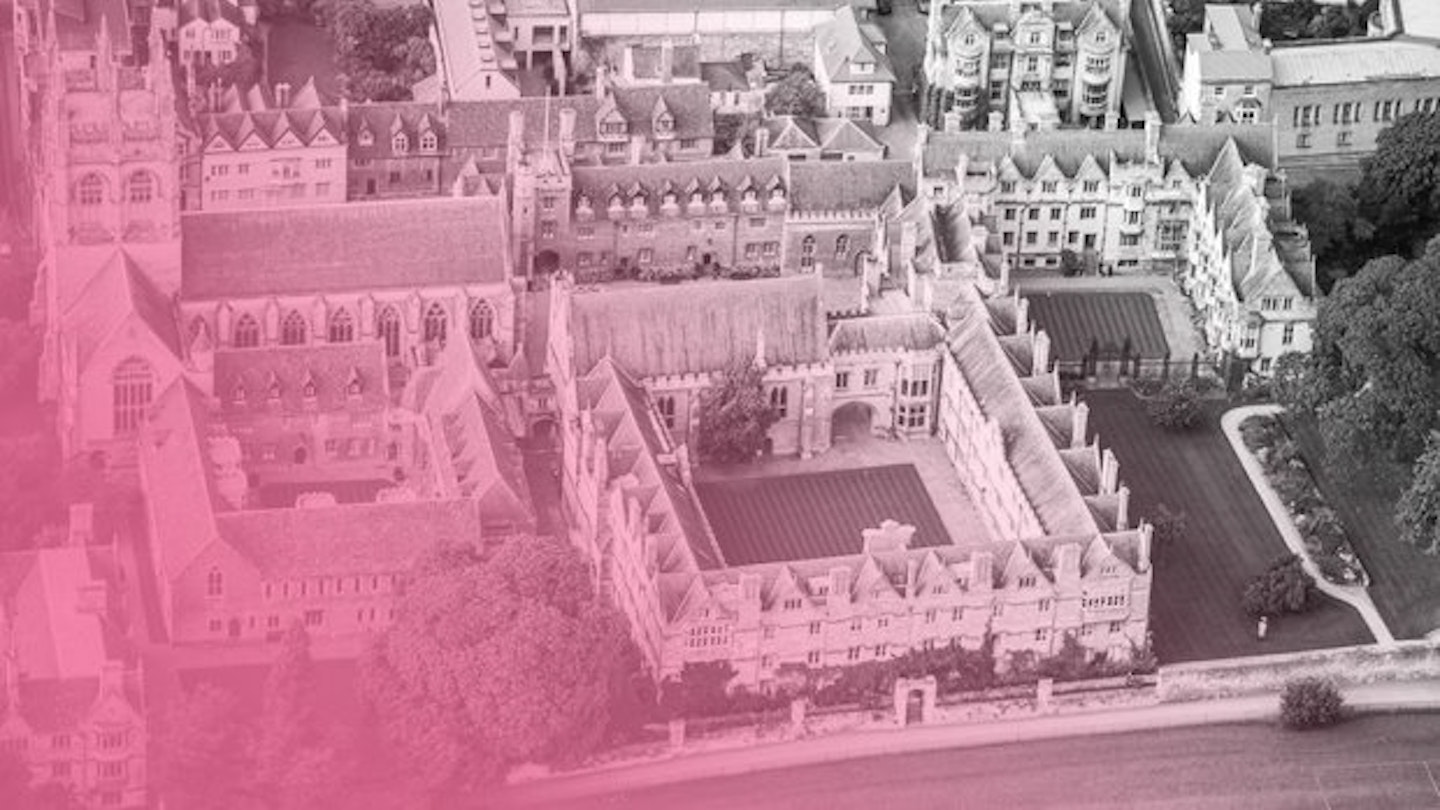This week a furore has opened up around diversity at Oxford and Cambridge universities after Labour MP David Lammy showed that Oxbridge is becoming less diverse over time and going backward in terms of socio-economic diversity.
Lammy’s report was compiled from data obtained under the Freedom of Information Act which shows that 82% of the offers sent out by Oxford and 81% of those sent out by Cambridge went to students from the top two socio-economic groups, i.e. those from the wealthiest backgrounds.
Perhaps most worryingly, the data revealed that Oxbridge makes more offers of places to students applying from the four home counties in the South of England than it does to the whole of the North of England. More than this, thirteen of Oxford’s 38 colleges did not make a single offer to black applicants over a 6-year period. Only three Oxford colleges made an offer to a black applicant every year consecutively in the years between 2010 and 2015.
As a result, more than 100 MPs have now signed a letter written by Lammy, addressed to the heads of both universities, calling for urgent reforms to promote diversity at both Oxford and Cambridge. In the letter, the MPs criticise the universities for drawing the ‘overwhelming majority’ of their students from a ‘small minority in terms of both geography and socio-economic background’.
The letter reads: ‘Much more work is required to find the most talented students who may be from disadvantaged backgrounds, lack the confidence or support networks to apply to Oxbridge or live in parts of the country and attend schools that do not traditionally send many students to Oxbridge.’
‘We call on you to take the initiative indirectly contacting talented and straight A students, whether following GCSE, AS Level or A Level results, and in reaching out to parts of our society and our country that are under-represented.’
The figures are stark and speak volume about the problem of diversity in our society as a whole. I went to Oxford, I’m a white middle-class woman but, still, I found myself in a minority. That was because I had gone to a state school and, more than that, was the first person in my upwardly mobile family to go to university. I can vouch for the very obvious problems at Oxford in terms of both class and racial diversity.
As Sky, political correspondent Lewis Goodall has pointed out, at the time when I went to Oxford there were Government schemes aimed at getting people from underrepresented backgrounds into Oxford but they have gone the same way as student maintenance grants.
Once at Oxford I attended Pembroke College. This college had its own access scheme, funded by donations from alumni, which worked with schools in boroughs like Hackney to ensure that students from lower socio-economic and BME backgrounds were supported in the early stages of their applications. What I realised then is that there is not enough centralised funding and support for such schemes. Oxbridge is a daunting place, if you didn’t attend an age-old public school you may never even have seen buildings as intimidating as those that house the university, let alone been asked the sort of questions you’re likely to face in an interview. The interview in and of itself can thwart even the brightest students, it involves being grilled in a combative environment you may never have experienced before while those from fee-paying schools will have been trained for this moment.
In order to ensure diversity at our top universities, we need to support state school and their students through the application process.
Nobody really seems to know what to do about this problem. For instance, The Sutton Trust has today suggested that top universities should lower their entry requirements from AAA to ABB in order to increase admissions from students with lower socio-economic backgrounds. Is that really the answer? Surely what we need is more support for those students at school and more guidance when it comes to the daunting Oxbridge admissions process? The solution to this problem is outreach schemes like the one run by my old college. We need Oxbridge tutors to go into schools and tell students who don’t believe that Oxbridge is for them that they have as much right to be there as anyone at Eton College or Westminster School.
Clearly, we’ve got a long way to go before the demographic make u of our top universities reflects the rest of our country. This matters because once we’ve sorted that out we have a shot at changing how our parliament and corporations look too.
You might also be interested in:
Follow Vicky on Twitter @Victoria_Spratt
This article originally appeared on The Debrief.
